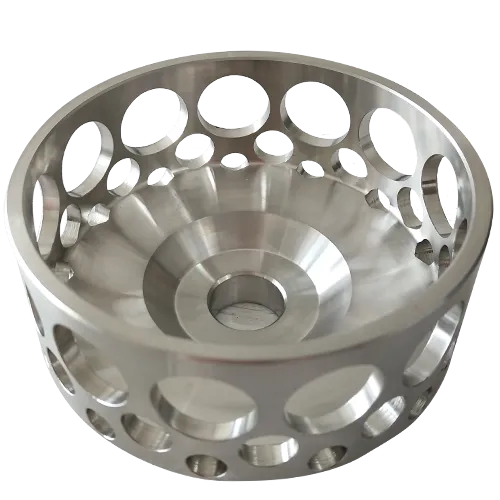Mobile:+86-311-808-126-83
Email:info@ydcastings.com
casing centrifugal pump
Casing in Centrifugal Pumps An Overview
Centrifugal pumps are vital components in various industrial applications, ranging from water supply and wastewater management to chemical processing and power generation. The efficiency and longevity of these pumps hinge significantly on their design, with the casing playing a crucial role in their overall functionality. This article explores the importance of casings in centrifugal pumps, touching on their design, material considerations, and the impact on pump performance.
What is a Casing?
The casing of a centrifugal pump is essentially the outer structure that encases the internal components, including the impeller, volute, and diffuser. It serves multiple functions it contains the fluid, directs flow, reduces turbulence, maintains pressure, and protects the internal components from external damage. The design of the casing can considerably influence the hydraulic efficiency, operation, and maintenance of the pump.
Design Considerations
1. Type of Casing There are mainly two types of casings used in centrifugal pumps volute casings and diffuser casings. Volute casings, characterized by their spiral shape, facilitate a gradual expansion of fluid, thereby converting kinetic energy into pressure energy efficiently. Diffuser casings, on the other hand, utilize a series of stationary passages to achieve similar pressure conversion. The choice between these designs depends on the application and the specific requirements of the pumping process.
2. Sizing and Geometry The size and geometry of the casing are crucial for effective hydraulic performance. A well-designed casing minimizes hydraulic losses by ensuring smooth fluid passage with reduced turbulence. Engineers must consider factors like the pump's flow rate, head requirements, and the type of fluid being pumped when designing the casing.
3. Sealing Mechanisms Proper sealing within the casing is essential to prevent leaks, which can lead to efficiency losses and environmental hazards. Various sealing methods, including mechanical seals, gaskets, and O-rings, are employed to ensure leak-proof operations.
Material Considerations
casing centrifugal pump

The materials used in the construction of a pump casing are pivotal, especially in applications involving corrosive or abrasive fluids. Common materials include cast iron, stainless steel, and various alloys.
- Cast Iron Often used for its durability and cost-effectiveness, cast iron casings are popular in water and sewage applications. However, they may not perform well in highly corrosive environments.
- Stainless Steel This material offers excellent resistance to corrosion and is commonly used in chemical processing and food industries. However, it tends to be more expensive than cast iron.
- Specialty Alloys For particular applications, such as high-temperature or highly abrasive environments, aluminum bronze, hastelloy, or other specialized materials may be used. Choosing the right material is critical to ensure both the performance and longevity of the pump.
Impact on Pump Performance
The pump casing has a profound impact on the overall hydraulic performance of a centrifugal pump. A well-crafted casing can enhance the efficiency by up to 90% or more, which translates to reduced energy consumption and operational costs. Additionally, the casing's design affects the hydraulic stability of the pump, influencing factors such as cavitation—a phenomenon where vapor bubbles form and collapse, potentially damaging the pump.
Moreover, proper heat dissipation facilitated by the casing can prevent overheating issues that might arise during pumping. As a result, attention to the casing’s design and materials can significantly increase the reliability and lifespan of the pump.
Conclusion
In summary, the casing of a centrifugal pump is a fundamental element that contributes to its overall performance and efficiency. From the choice of materials to the design and sealing mechanisms, each aspect plays a critical role in ensuring that the pump operates effectively across its intended applications. By investing in high-quality casings tailored to specific requirements, industries can enhance the performance and reliability of their centrifugal pumps, ultimately leading to greater operational efficiency and cost savings. Understanding and addressing these factors is essential for anyone involved in the selection, maintenance, and operation of centrifugal pumps.
-
Impeller Technology That Powers Precision in Pump SystemsNewsMay.22,2025
-
Valve Durability Begins with Quality Cast Iron ComponentsNewsMay.22,2025
-
Performance Cooling with Advanced Automobile Water Pump SolutionsNewsMay.22,2025
-
How Motor Housing and Oil Pans Shape Engine PerformanceNewsMay.22,2025
-
How Metal Castings Drive Modern Manufacturing EfficiencyNewsMay.22,2025
-
Exploring the Engineering Behind Valve Body CastingsNewsMay.22,2025











